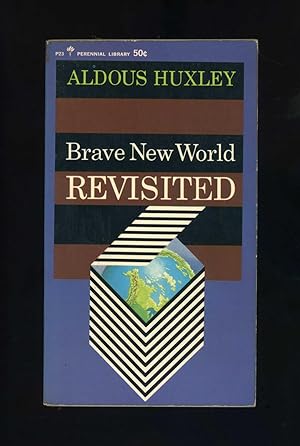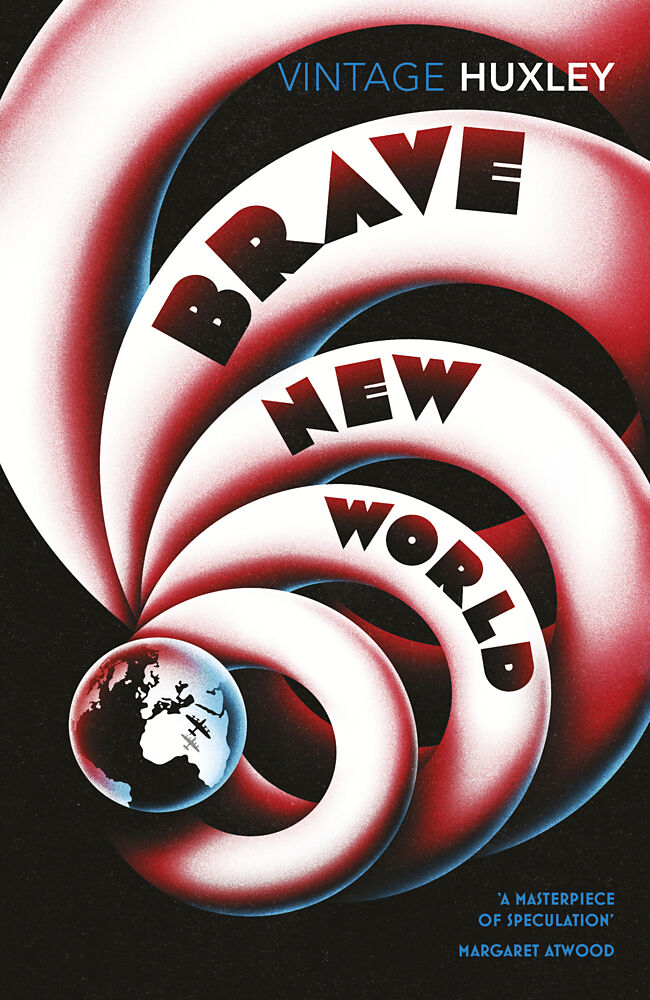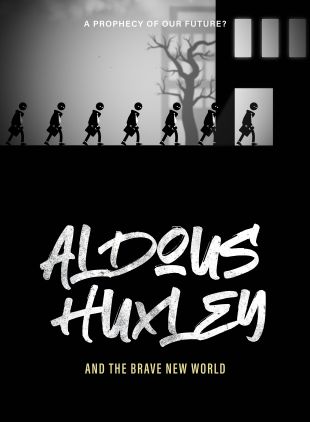


The job of any adaptation is to retain the DNA of the original while mutating it to the times, and that’s where this version fails. “Brave New World,” while an enduring tale, was also a product of a time concerned with totalitarianism and threats to the individual.

That John will threaten the complacency of New London by teaching its citizens how to feel is no surprise. (“Brave New World” shares with “Westworld” a faith in the future health of the live-amusements industry.)īernard (Harry Lloyd), a supercilious Alpha, strikes up a friendship with Lenina (Jessica Brown Findlay), a Beta whom he’s investigated for having sex too often with the same man - a transgression of “solipsism” against the “social body,” in which “everyone belongs to everyone else.” After a getaway to the Savage Lands adventure park goes awry, they return to New London with a fugitive native, John (Alden Ehrenreich), whose defiant authenticity makes him a subject of fascination.

Outside the city, “savages” still practice primitive rites like having babies biologically, and perform at theme parks for the amusement of their safariing betters. The citizens, stratified into castes labeled “Alpha,” “Beta” and so on, shrug off the class inequities with the help of pills, orgies and “feelies,” tactile entertainments in which a populace mostly alienated from physical struggle can experience virtual thrills like getting punched in the face. We arrive in New London, the gleaming citadel of a hedonistic society that has snuffed out discontent with three rules - “No privacy, no family, no monogamy” - and an endless supply of soma, a feel-good drug dispensed like Pez. The premise, as in so many new series based on pre-existing intellectual property, is essentially that of the novel, but stretched out. Dull, generic and padded, the series, one of the premiere offerings for NBCUniversal’s Peacock streaming service on Wednesday, transmutes a provocative warning into a vision of a sci-fi world that feels neither brave nor new. If only you could say that about its latest TV adaptation. The future’s diversions were so absorbing that they commanded attention over everything else. Aldous Huxley’s 1932 novel “Brave New World” famously imagined a future society in which people were enslaved to pleasure.


 0 kommentar(er)
0 kommentar(er)
